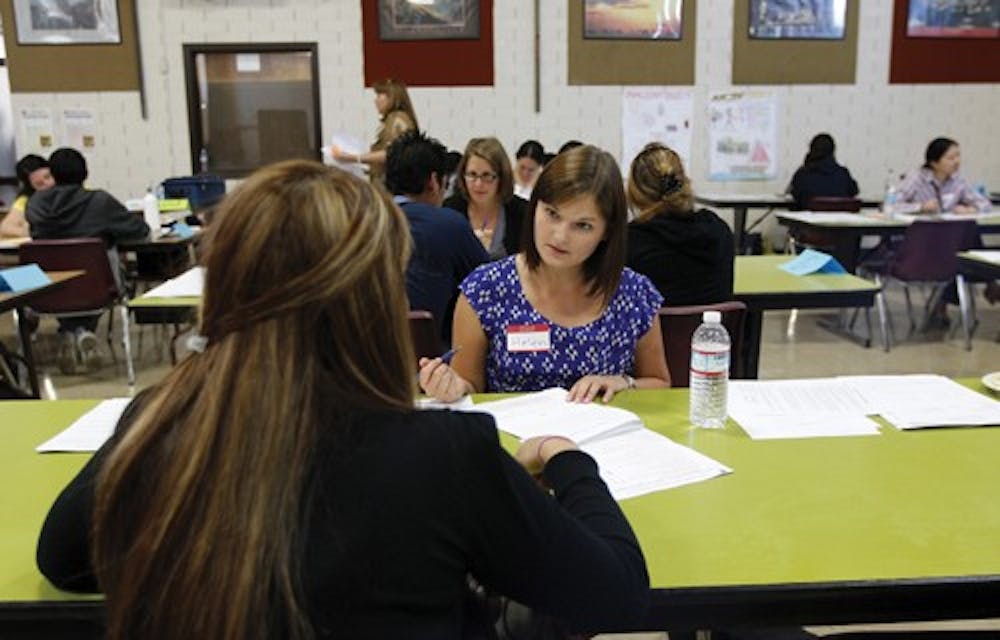U.S. Immigration reform legislation could become reality in 2014

Prospects for the passage of comprehensive immigration reform on Capitol Hill are looking up, after years of inaction on the issue.
House Speaker John Boehner, R-Ohio, indicated he might back limited, separate reforms to the United States' immigration system. While President Barack Obama and Democratic leaders have pushed for a single, broad immigration package, Obama would likely sign smaller reforms into law as he looks to make good on a promise and gain momentum following a politically brutal 2013.
Boehner's potential pivot on immigration might be in recognition of an increasingly diverse electorate ahead of this year's midterms and the 2016 presidential election. Bucking tea party allies, several top Republicans see reform as vital to winning over Latino voters, 71 percent of whom voted for Obama in 2012, according to the Pew Research Center.
Beyond politics, immigration reform could have an impact on the economy, Central Michigan University economics professor Jason Taylor said.
"While immigrants account for only around 13 percent of the U.S. population, around 20 percent of small businesses are owned by immigrants," he said. "If you think about it, immigrants are not a random selection of people from other nations. Instead, they represent risk-takers and go-getters. It takes a lot of courage and guile to completely abandon your old life and try to start anew half a world away.
"When people talk about stopping immigration to the U.S., they are basically saying that we should turn our backs on the very ingredient that has made our nation exceptional."
That's a sentiment Gov. Rick Snyder, up for re-election in November, echoed at a December naturalization ceremony.
“It’s possible that one of the people becoming a citizen today could be the next Meijer, Dow, Vlasic or Ford – great Michigan companies started by immigrants or children of immigrants,” Snyder said in a news release. “Our success has always been the product of our unique capacity to welcome the contributions and spirit of entrepreneurship of all people.”
Reform would have an impact on Michigan's economy, as well.
About 13,400 people will become American citizens in Michigan this year, according to Gov. Rick Snyder's office.
“Michigan is proud of its diversity and rich history of immigrants who helped build our state,” Snyder said at a naturalization ceremony at the state capitol in December. “We must create welcoming communities that leverage the full potential of all who live there, capitalizing on different perspectives, cultures and talents for knowledge, creativity and innovation to thrive.”
What form immigration reform would take is uncertain, as Democrats have placed emphasis on creating a streamlined pathway to citizenship, while Republicans have looked for beefed-up border patrols.
Taylor said any reform package should address illegal immigration.
"In my opinion, the main problem with the immigration system now is that there is too little legal immigration and too much illegal immigration," he said. "Institutions for, of, and by the people are what make America so strong and such a magnet for immigrants who want to be the pilot of their own lives rather than be piloted by heavy-handed and repressive governments"



